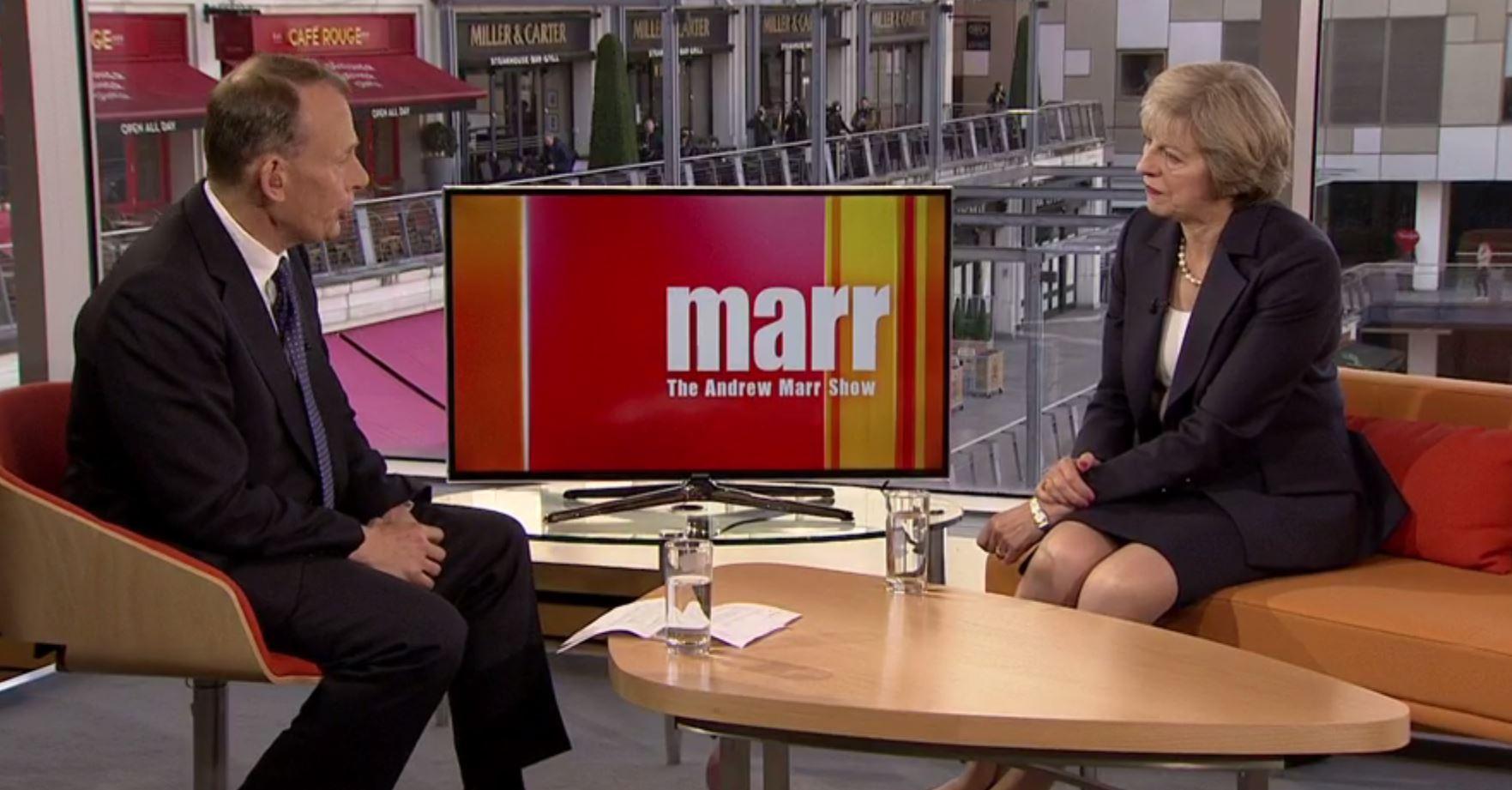Despite Theresa May’s Article 50 announcement we’re still in the dark about Brexit
Theresa May needs to say more on the crucial questions soon to stop the dangerous drift to the hard Brexit outside the European single market desired by the Europhobes


Theresa May has finally moved on from her meaningless “Brexit means Brexit” soundbite. She told the BBC’s Andrew Marr Show on Sunday that she will trigger Article 50 of the EU’s treaty by the end of March next year, starting two years of Brexit negotiations.
Her announcement is no great surprise but confirms she has rejected the advice of those – including George Osborne – arguing that it would be better to wait until after the German elections next autumn. She wants us out by the 2020 general election, and has again dismissed the idea of an early poll.
This will help to allay the fears among Tory Europhobes that she was dragging her feet on Brexit. So will her pledge to bring in a Great Repeal Bill in the Queen’s Speech next spring to revoke the 1972 Act which took us into the European Community. This, too, is hardly a great surprise, and had to happen at some point.
Just before the EU referendum, the word went round Whitehall that, if Britain voted Leave, the Government would have to enshrine all EU legislation into UK law – and then decide which ones it wanted to opt out from.
David Cameron banned any contingency planning for Brexit – one reason why the May Government has been slow to get to grips with it. But civil servants knew that accepting all EU laws at one stroke would be politically explosive, even though it was the only way to handle the herculean task of deciding which bits to keep, which could take 10 years.
May was given the same Whitehall advice and has found a way to defuse this ticking timebomb. She neatly buried the adoption of all EU laws in her announcement of a Great Repeal Bill. This won’t take effect until we leave the EU. But all the talk about restoring sovereignty and independence is a heady brew for the Tory Europhobes, who have demanded the scrapping of the 1972 Act with immediate effect. That would get negotiations with the rest of the EU off to the worst possible start. The hardliners would be quite happy for the talks to collapse. They say May should table a take-it-or-leave it offer and threaten to walk out. May knows better; such tactics would not be in the national interest.
The Prime Minister’s move also makes clear that Parliament will have a say over the process – again, inevitable, but which will prove tricky for May. She will not want MPs and peers to get stuck into the details of her negotiations, but they will have other ideas.
May’s two announcements tell us a little about the procedures, but not much about the crucial questions – probably because she does not know the answers yet. The most important will be the trade-off between limiting EU migration and losing some access to the European single market. Some ministers who backed Remain fear that May will look at this question from the migration end of the telescope, partly because she is on top of the issue after six years as home secretary. On the Marr Show, she was again deliberately vague, saying repeatedly that she wanted to go out and get “the right deal” for Britain. Another soundbite we will hear a lot.
May hopes that by tossing the Europhobes the two bones, she will satisfy their voracious appetite, and allow the Tory conference to focus on her domestic priorities – helping the “just managing” classes and mapping out a new “compassionate Conservatism” rooted in the “new centre ground”.
It is unlikely to work. May does not want Brexit to eclipse the conference, just as she hopes it will not define her Government. But the issue will dominate the fringe meetings in Birmingham. At the last count, I made it five pressure groups pushing for a hard Brexit; they apparently want to re-fight the referendum war even though they won it.
May needs to say more on the crucial questions soon to stop the dangerous drift to the hard Brexit outside the European single market desired by the Europhobes. Otherwise the centre of gravity will drift decisively in their favour, with damaging consequences for British business, investment, growth and jobs. And the very people May purports to champion will pay the heaviest price.

Join our commenting forum
Join thought-provoking conversations, follow other Independent readers and see their replies